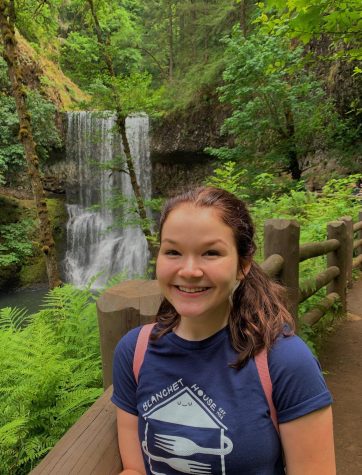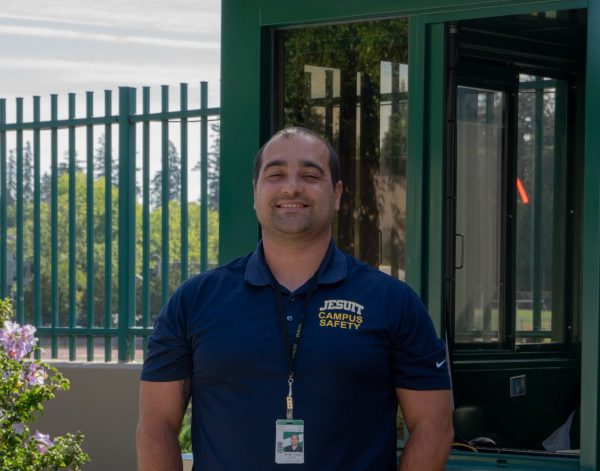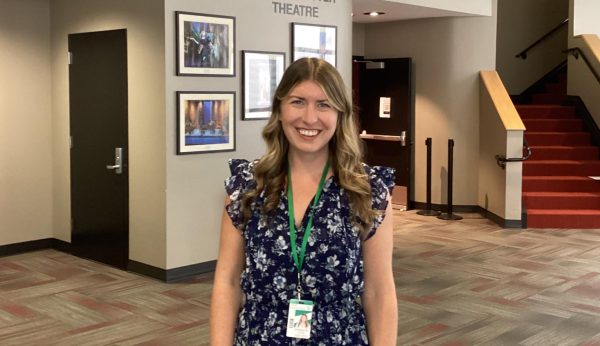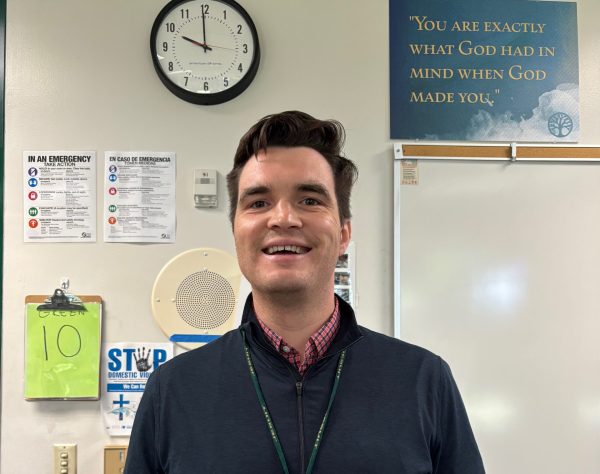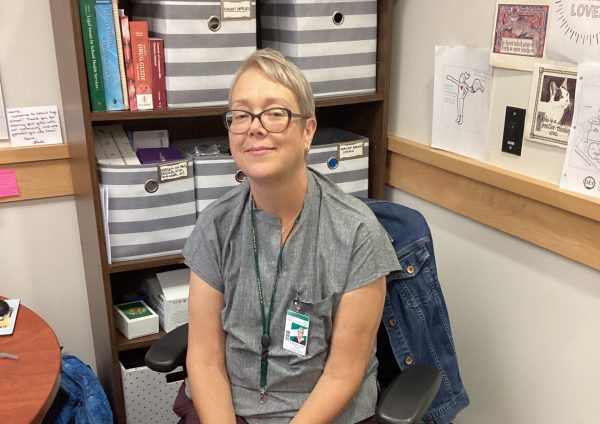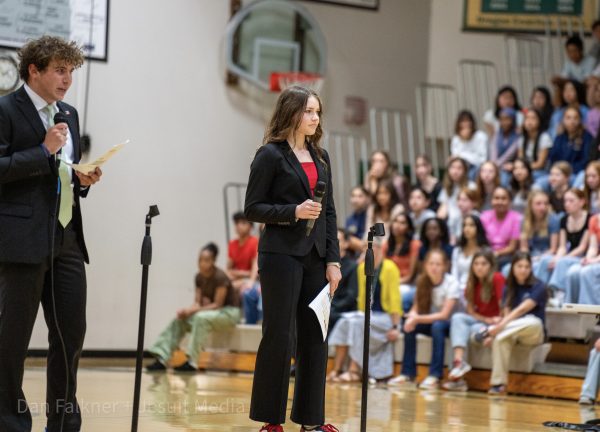We Asked, Students Answered: Why is 1/3 of the Junior Class Staying Home?
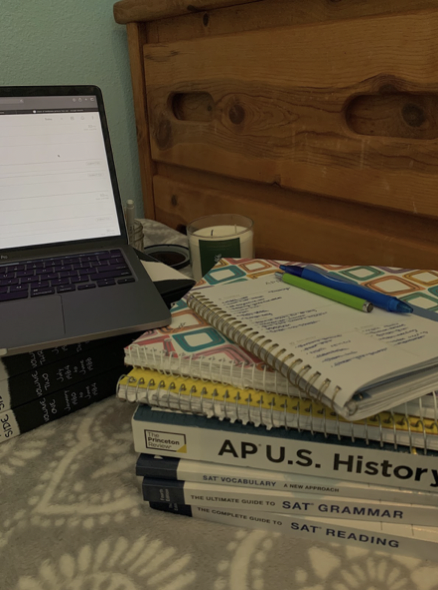
Stack of SAT prep books and AP textbooks utilized by many juniors during their academically challenging year.
As Jesuit students return to classes on campus four days a week, more than one-third of the juniors, about 37%, have opted to stay home to continue learning in a remote environment. In comparison, only 7% of freshmen, 16% of sophomores, and 18% of seniors have decided to stay home.
We asked some juniors why they chose remote learning, or why they chose to return to campus. The discrepancy among juniors can be attributed to a plethora of reasons according to junior Ava Maloco, who has been attending school on campus.
“I think that a lot of juniors are worried about their grades,” Maloco said. “Especially this year with upcoming college applications and because junior year is usually the hardest. Juniors and seniors have also been to Jesuit enough and probably feel more comfortable staying home, whereas freshmen and sophomores have hardly been able to go to Jesuit at all so they’re probably more eager to go in person.”
Junior year is notoriously difficult for high school students. Students focus on the standardized SAT and ACT, juggle the workload of multiple AP or honors-level classes and extracurricular activities. Some students, such as junior James Miller, find it easier to balance the workload in a remote setting.
“Junior year is stereotypically the hardest year,” Miller said. “Kids are recognizing that they’re doing better [academically] when staying home, so they don’t want to go learn in-person and risk their grades dropping.”
Miller initially returned to school two days a week per the earlier hybrid schedule but decided to return to remote learning once the new plan to return to campus four days a week was announced.
“After being online for a year, the transition to in-person learning was very hard and very sudden,” Miller said. “I realized that the teachers aren’t giving us the accommodations we got last year, even though we spent our entire first semester at home, and this is a completely different learning environment. Throwing us into in-person learning and expecting the same academic performance as we exhibited earlier in the year just didn’t sit well with me.”
Kate Goddard, a fully remote junior, agrees that it makes sense for more of her peers to be staying home compared to any other grade.
“I think that seniors want some semblance of their senior year,” Goddard said. “So it makes sense for the number of seniors staying remote to be low, whereas juniors still have another year left.”
Maloco agrees, adding that freshmen may be similarly motivated to get on campus.
“I feel like the freshmen haven’t had an opportunity to meet people and make friends, so it makes sense that most of them are returning to school,” Maloco said.
Goddard decided to opt out of in-person learning due to quarantine anxiety and how it would impact her family and extracurriculars.
“There was a situation two weeks before a Jesuit performance where someone in the cast had to quarantine for ten days after being exposed, and I didn’t want that to happen with my extracurriculars,” Goddard said. “I also didn’t want to put my family at risk of Covid because my parents hadn’t been vaccinated yet, and they’re both high risk.”
Much like Goddard’s anxieties toward quarantine, junior Theron Abel opted out of in-person learning following a situation where his close friend was exposed and had to isolate themselves.
“During our second week of school, one of my best friends was exposed to Covid, and I didn’t want to go through the two-week quarantine, so I left,” Abel said. “I’m very happy with my decision because everyone at school seems pretty crowded, and I don’t want to get Covid.”
All that were interviewed— besides Maloco who plans to continue attending classes in person— believe they will return to school in May or June when the workload has lessened and the year begins to draw to a close.
“I’m kind of leaning towards going back in May when my extracurricular activities are lessening and the year is winding down,” said Miller.
